- Detalles
- Categoría: El mundo
- Visto: 1575
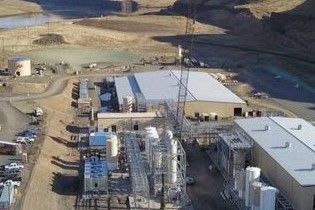 Columbia Pulp mill opening moved to May
Columbia Pulp mill opening moved to May- Detalles
- Categoría: El mundo
- Visto: 1448
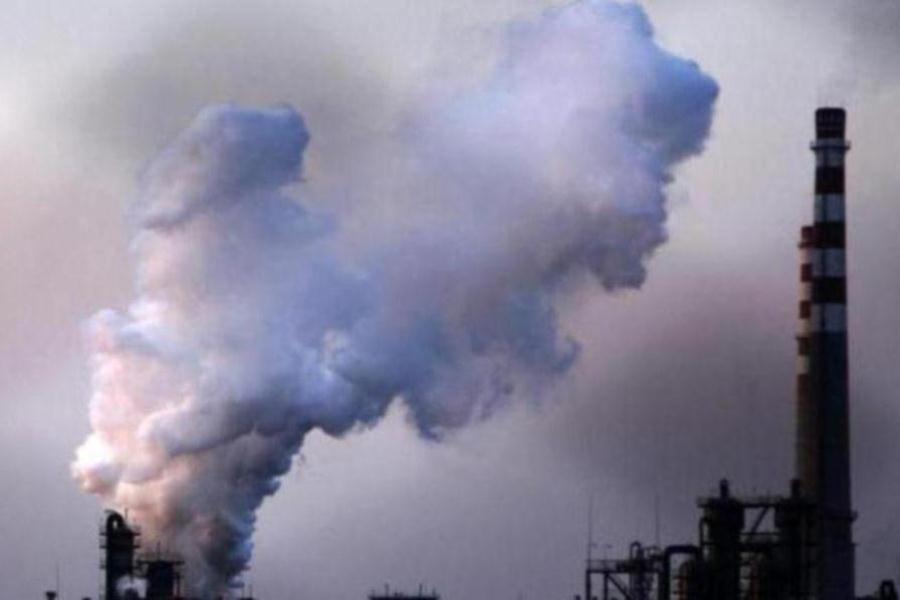 Aumentan las emisiones de CO2 al mayor ritmo en 5 años
Aumentan las emisiones de CO2 al mayor ritmo en 5 años
Las emisiones globales de dióxido de carbono (CO2), el principal gas causante del calentamiento global, no sólo han seguido creciendo, sino que en 2018 aceleraron su progresión al 1,7%, un ritmo no alcanzado desde 2013, a causa sobre todo de China, India y Estados Unidos, informa Efe.
Esos tres países representaron un 85% de la subida del pasado año, que se debió en una parte importante a la entrada en servicio de nuevas centrales de electricidad producida con carbón, informó la Agencia Internacional de la Energía (AIE), que este martes publicó su informe anual sobre la demanda energética mundial.
- Detalles
- Categoría: El mundo
- Visto: 1319
 Este es el primer tren que funciona sólo con energía solar
Este es el primer tren que funciona sólo con energía solar
Este longevo tren que se encuentra en la ciudad costera de Byron Bay, Nueva Gales del Sur, Australia, que data de 1949, se convirtió en una locomotora amigable con el medio ambiente que funciona sólo con energía solar.
Originalmente fue construido en 1949, pero en 2017 la compañía Byron Bay Railroad comenzó su restauración y lo convirtió en un tren que se mueve gracias a la energía solar.
«Este es el primer tren solar a nivel mundial y BBRC (Byron Bay Railroad Company) se enorgullece de traer esta tecnología y solución a Byron Bay», indica la empresa en su sitio de internet.
- Detalles
- Categoría: El mundo
- Visto: 1399
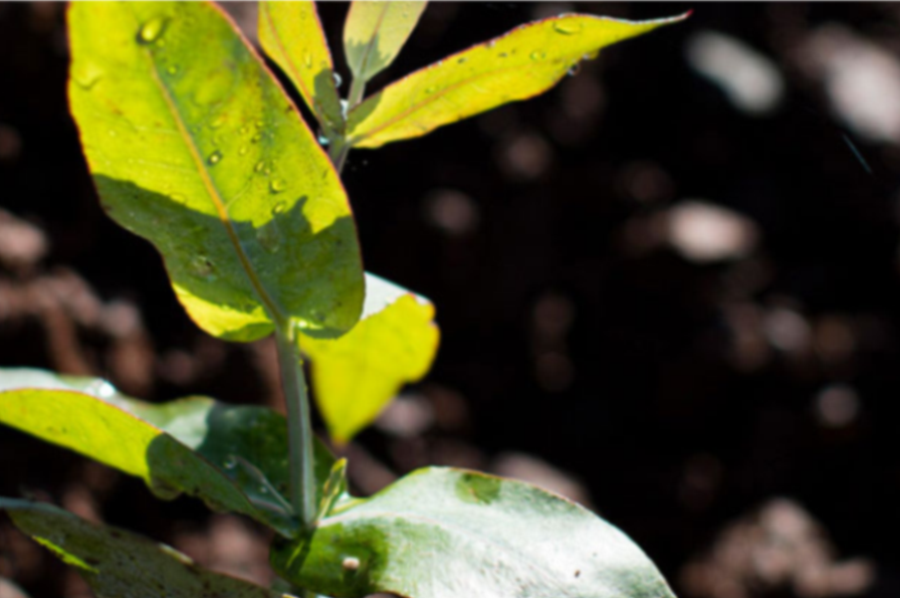 IGEPA’S Heaven 42 brand produced by Sappi as of January 2019
IGEPA’S Heaven 42 brand produced by Sappi as of January 2019
Redaktionen
Specified by brand owners seeking a unique visual and haptic solution for their communications, Heaven 42 was initially launched in 2007 and is now being produced by Sappi through its sustainable manufacturing platform in Europe.
As the owner of the Heaven 42 brand IGEPA wanted to ensure the long term availability and quality standards of the product and Sappi, as the leading producer of fine paper, was able to meet these stringent requirements and ensure continuity of supply.
- Detalles
- Categoría: El mundo
- Visto: 1490
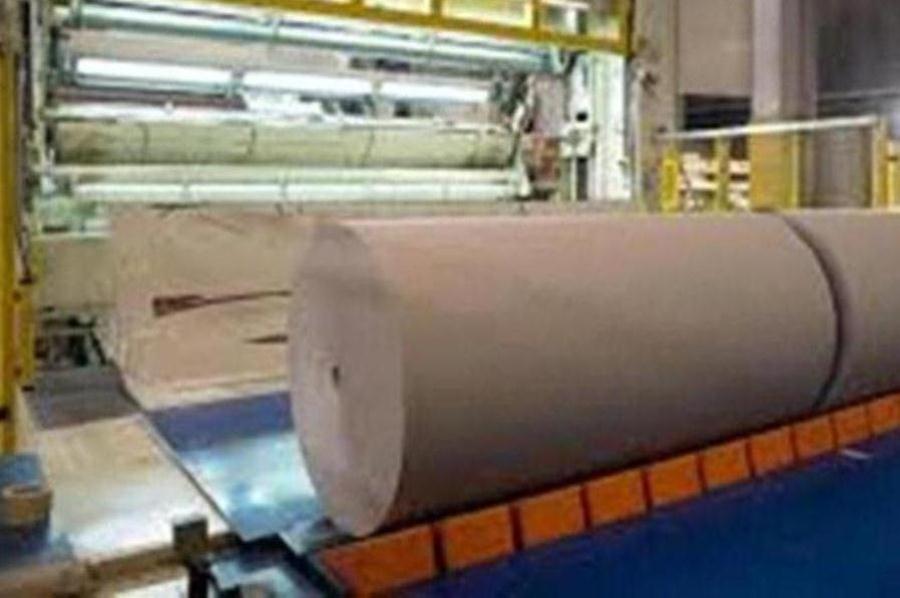 Paper packaging maker focuses investments on Polish plant
Paper packaging maker focuses investments on Polish plant
Jaroslaw Adamowski
Polish paper and packaging producer BSC Drukarnia Opakowan has announced plans to invest PLN 56 million (€13.1 million) in the years 2018-2019 to some to launch a new plant in Poland. The company also declares it scrapped its investment plans in Russia "due to the political situation."
In 2018, the company invested about PLN 27 million (€6.3 million) in the Polish project, the company’s management board said in a doc-ument accompanying its financial report for last year. This indicates that BSC Drukarnia Opakowan could invest further PLN 29 million (€6.8 million) by the end of this year.
- Detalles
- Categoría: El mundo
- Visto: 1467
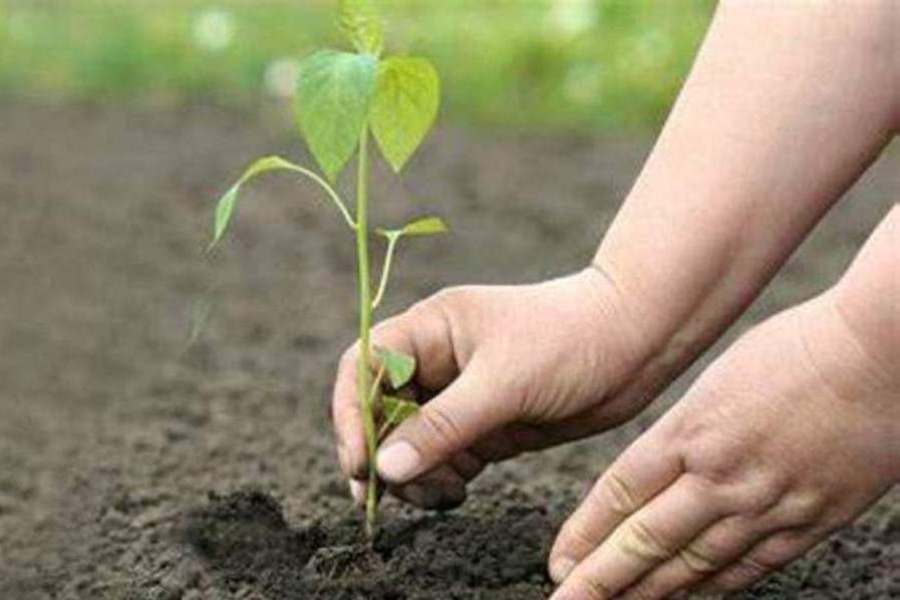 Oji Holdings and Itochu Enex to construct a biomass power plant in Anan City, Japan
Oji Holdings and Itochu Enex to construct a biomass power plant in Anan City, Japan
Simon Matthis
Oji Holdings Corporation and Itochu Enex Co agree to construct a biomass power plant in Anan City, Tokushima, Japan. The operation scheduled to start in September 2022.
The capital investment is about JPY 23 billion ($209 million). The biomass power generation facility will use wooden chips as a fuel. By implementing this business, the companies will contribute not only to the stable supply of power but also to the prevention of global warming and the realization of a low-carbon society.
- Detalles
- Categoría: El mundo
- Visto: 1655
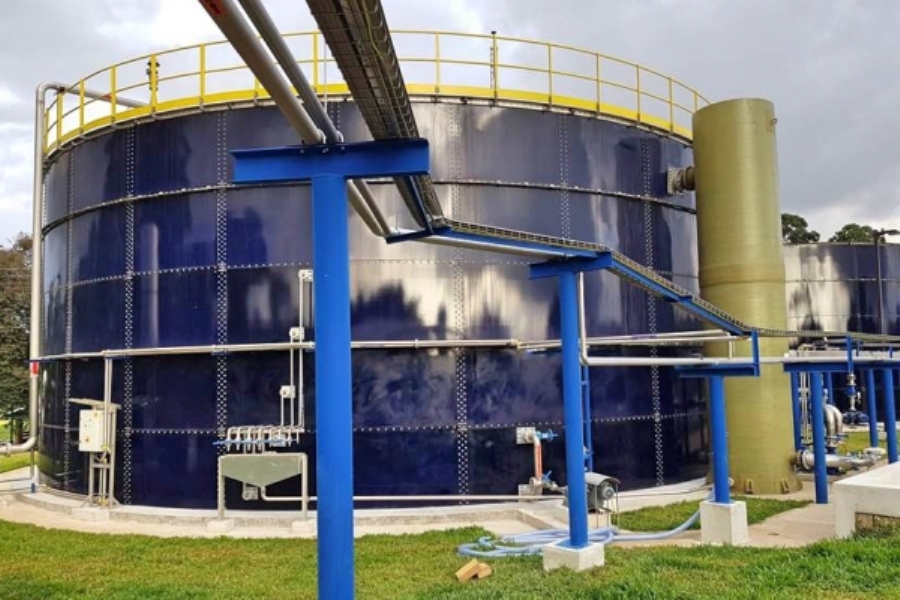 Leading paper manufacturer Panasa profits from green energy
Leading paper manufacturer Panasa profits from green energy
Redaktionen
Global paper manufacturer and distributor Panasa Nacional S.A. (PANASA) is enhancing its sustainability with a new Global Water & Energy (GWE) wastewater treatment plant in Guayaquil, Ecuador.
The GWE anaerobic plant will convert organic contamination present in the wastewater to up to 4,200 Nm3 of biogas, which when utilized as a fuel, is an equivalent of 2,818 kg fuel oil per day.
